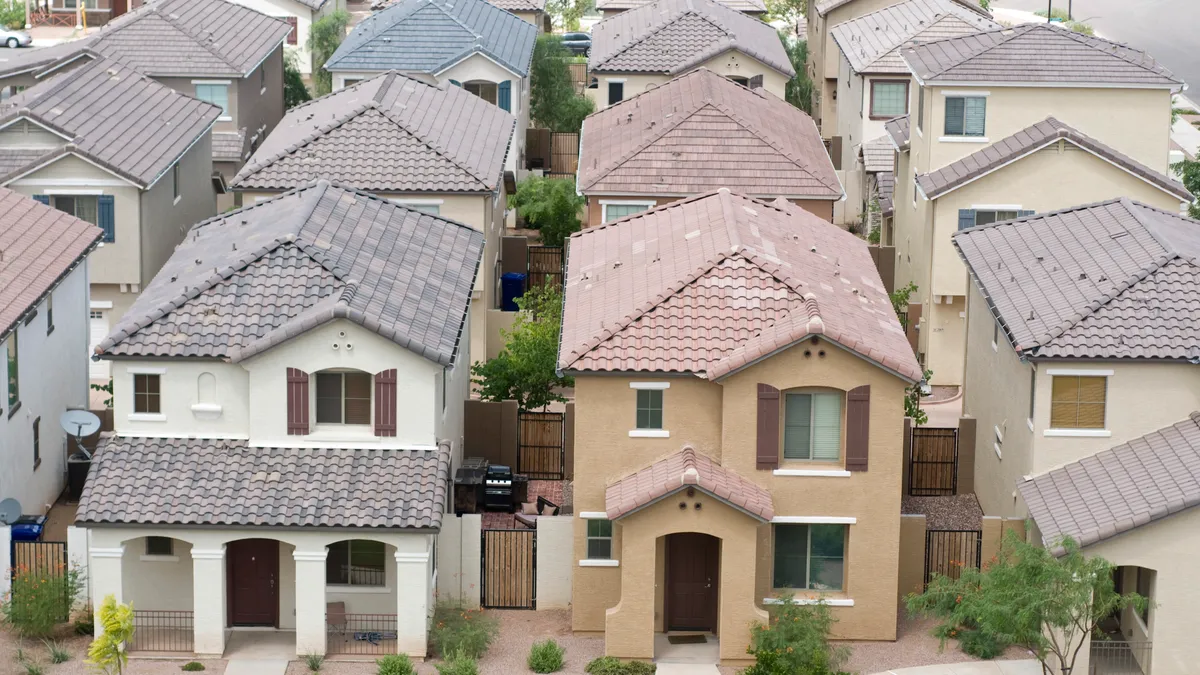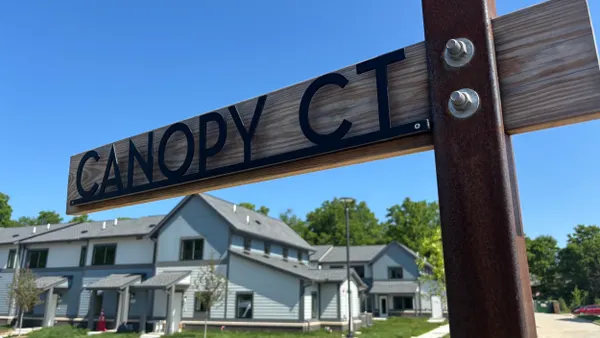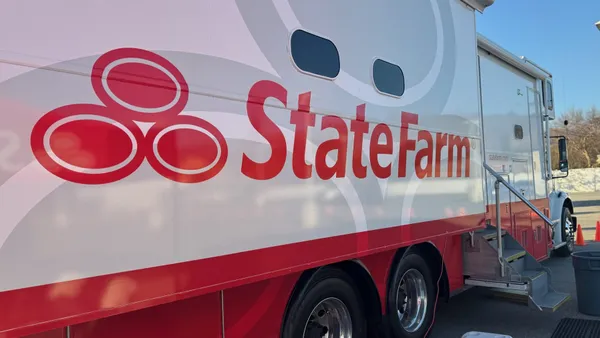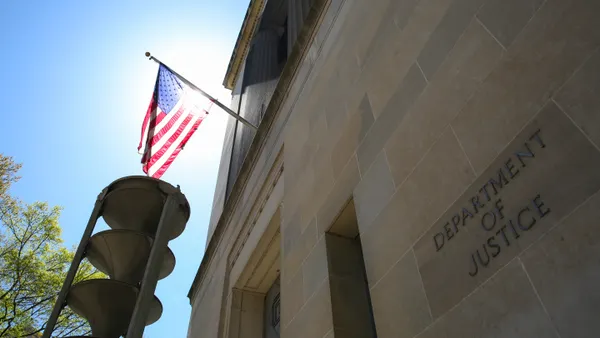Dive Brief:
-
The Arizona state Senate on Monday failed to pass a bill that would have mandated local zoning reforms to encourage the development of lower-cost starter homes.
-
Almost half of Senate Republicans and nearly all Democrats voted against Senate Bill 117 in a 20-9 vote. According to local news reports, those voting against it largely opposed the measure over concerns that it would excessively limit local control and lacked affordable housing requirements.
-
Gov. Katie Hobbs, D, also opposed the bill, telling reporters in February that she didn’t support “a one-size-fits-all approach” to address the state’s growing affordable housing and homelessness crises.
Dive Insight:
The legislation would have required municipalities with more than 30,000 people to allow minimum lot sizes smaller than 4,000 square feet for new home construction on vacant lots. It also would have barred them from imposing minimum lot widths greater than 40 feet, established statewide minimum setbacks and mandated that local governments allow accessory dwelling units. Real estate developers and Tempe YIMBY, or Yes In My Backyard, were among the groups that supported the measures.
“The fact of the matter is, we have zoned out starter homes, that is just a fact,” Spencer Kamps of the Homebuilders Association of Central Arizona told the Senate Commerce Committee in February.
SB117 also contained measures to speed up the construction permitting process, limit the ability of local governments to impose residential design standards and establish new reporting requirements for cities on their housing needs.
The original bill would have eliminated a range of density and height limits for apartments across the state. But the bill’s sponsor, Sen. Steve Kaiser, R, removed those measures in a failed attempt to gain cities’ support for the legislation. The League of Arizona Cities and Towns, representing the state’s 91 incorporated cities and towns, opposed both versions of the bill.
“We don't see any way to fix it, and we would encourage the legislature to discuss other alternatives," Tom Savage, legislative director for the League of Arizona Cities and Towns, told Axios Phoenix in February. The League wants the state legislature to consider inclusionary zoning policies that would establish minimum affordable housing unit requirements, tax increment financing and state-supported financial incentives for affordable housing, such as those passed in Utah in 2019, Savage said.
In November, a report by Arizona State University’s Morrison Institute for Public Policy found that Arizona needs 270,000 additional housing units. The same report found that “the shortage is particularly devastating” for people earning up to 30% of the area median income in Arizona, as only 26 rentals were affordable for every 100 extremely-low-income households.











